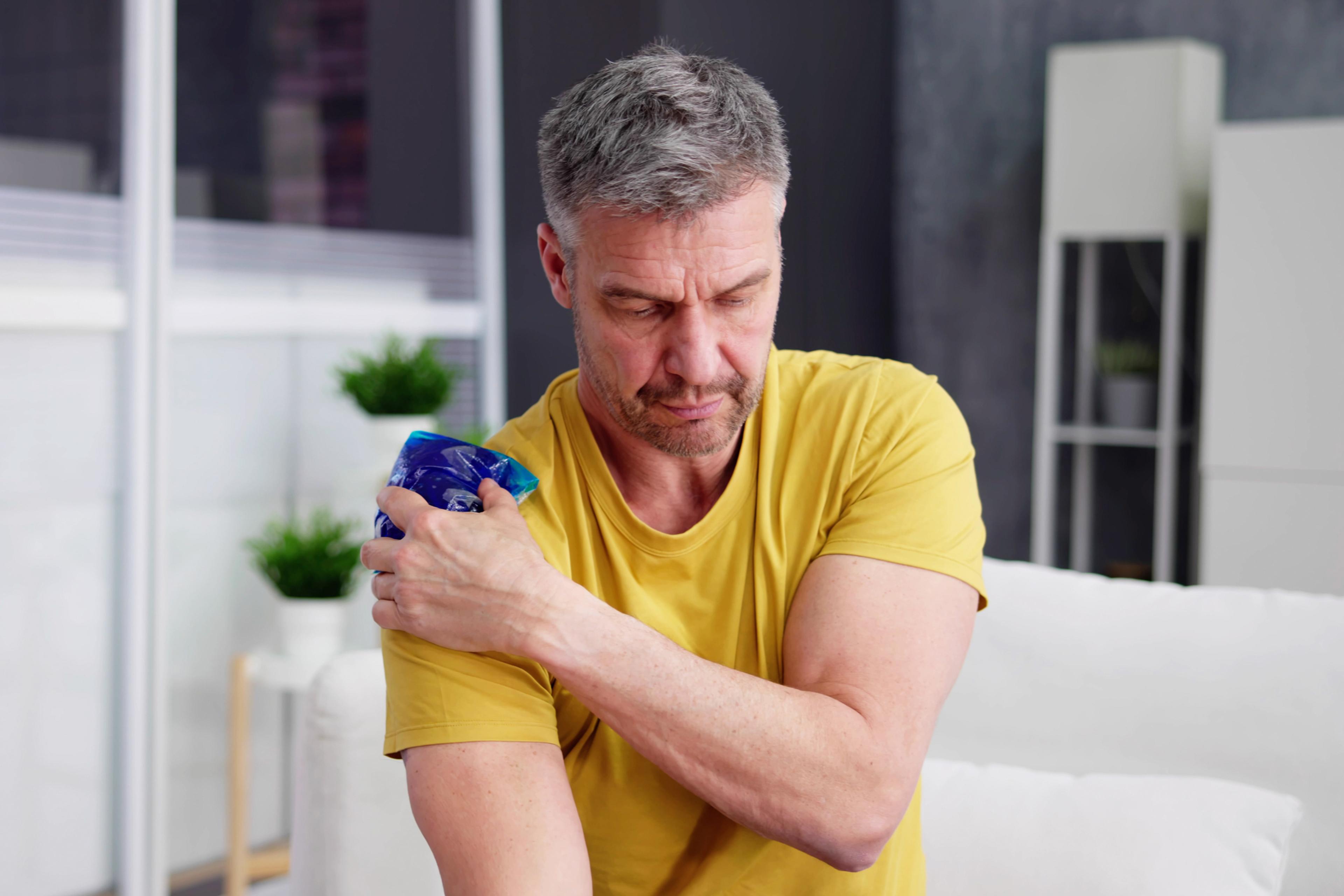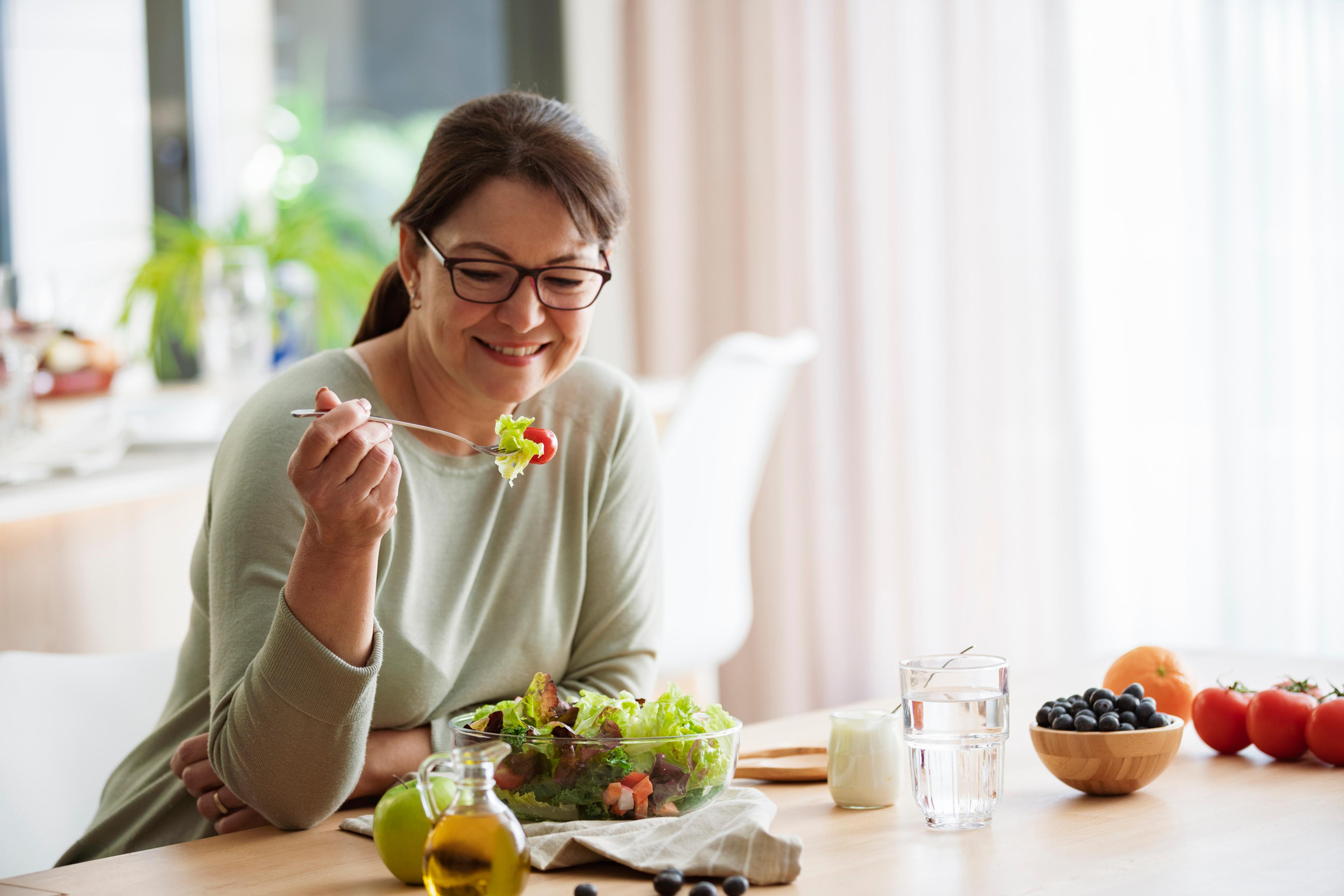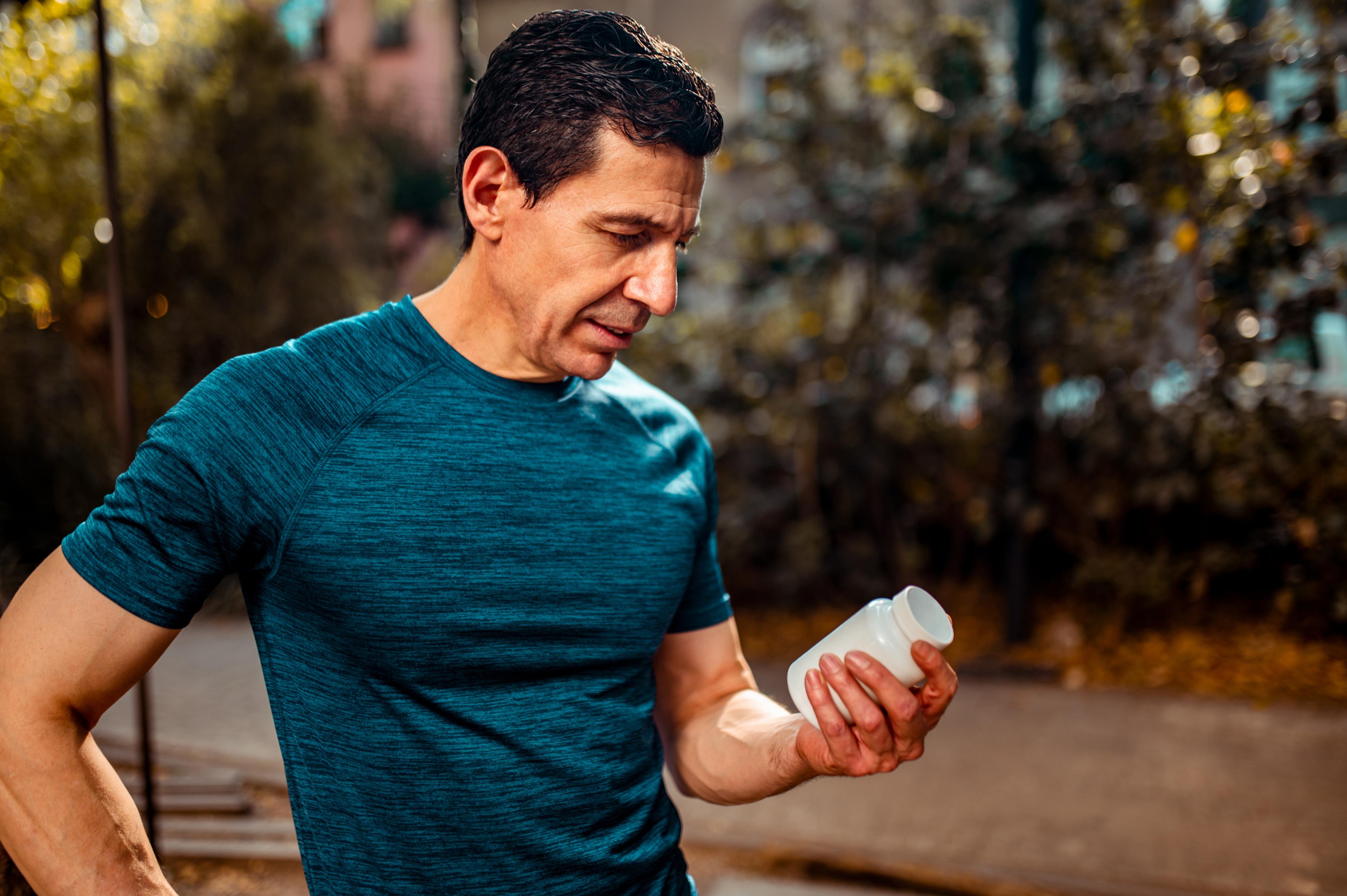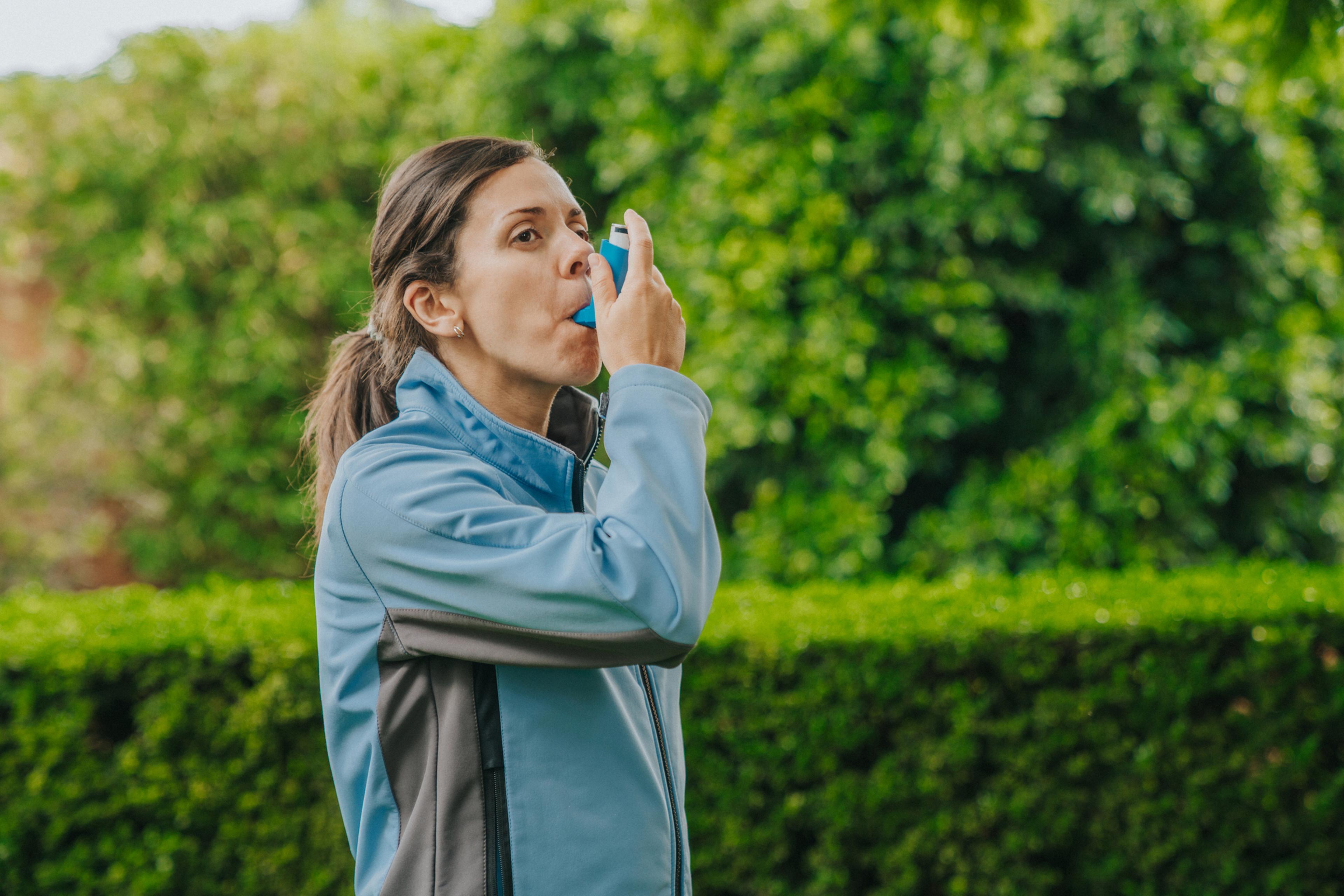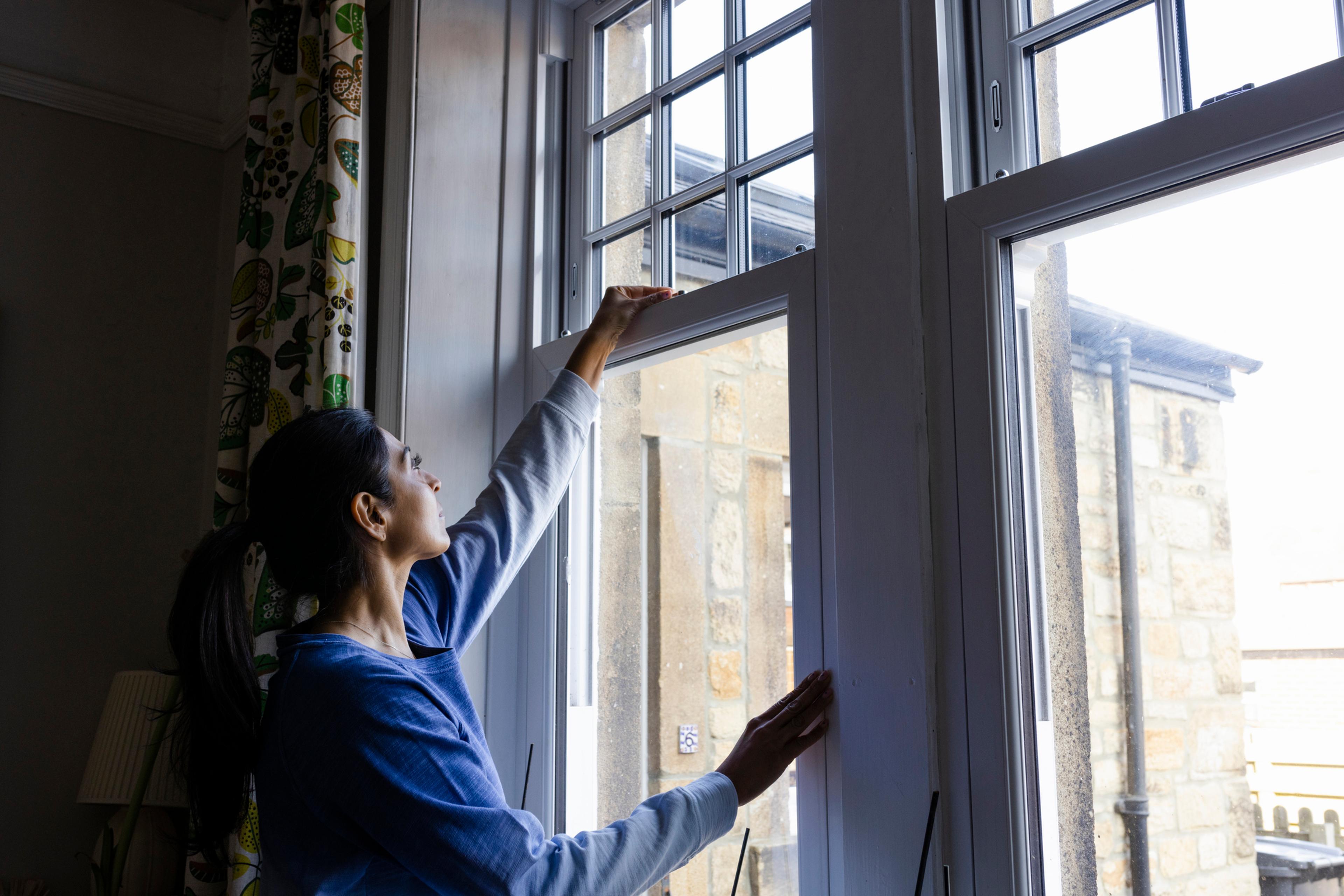“I Had to Get Comfortable with the New Me.” Michigan Woman Reflects on Breast Cancer Battle
5 min read
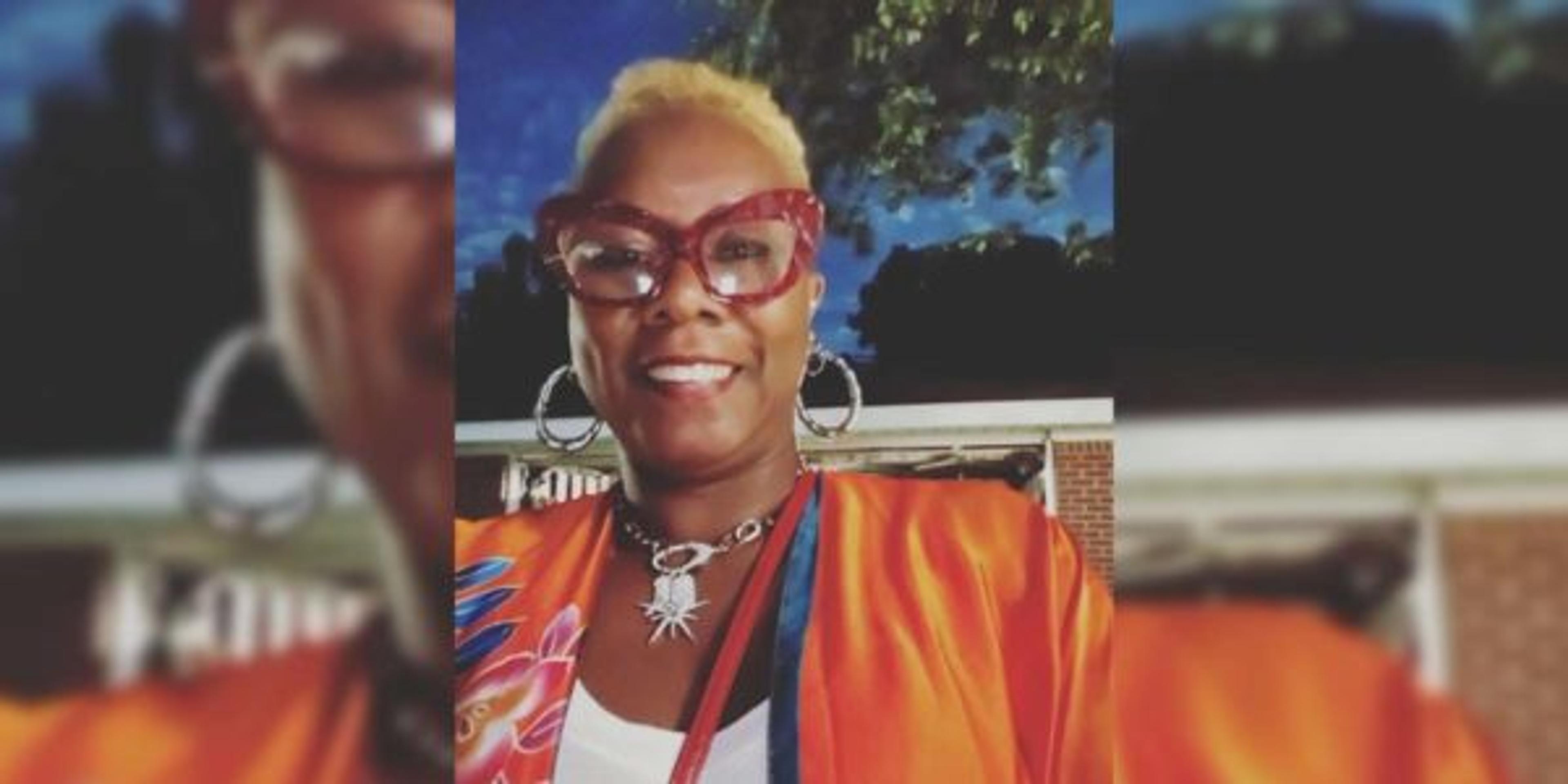
When Westland resident Rebecca Adams underwent her first-ever mammogram screening at the age of 40, she had no reason to expect such a negative result.
“I felt something was wrong after the screening,” said Adams, a Blue Cross Blue Shield of Michigan (BCBSM) member. “Prior to that I was fine. I had gone on vacations, I had never felt sick, ever. But during the mammogram, the way they apply the very hard pressure, I was really achy afterwards. Within that time that I realized I was achy was about when I got that call that said, “Hey, we need you to come in because we saw something on the mammogram.’”
Toward the end of 2014, Adams’ doctors told her she had HER2-positive, stage 3A breast cancer. She had surgery in 2015 to remove a pair of tumors and her chemotherapy treatment began in January 2016.
“When I got the diagnosis, my husband was with me. He’s a very strong person, and to be honest with you, it was the first time I’d seen him cry besides the birth of our children,” Adams said. “So, he was very scared, I was very scared. For me, I felt like, ‘Even though I’m the one that’s sick, I still need to be a protector for my family.”
As her fight against breast cancer got underway, Adams said she spent time researching and reflecting.
Recognizing family history and social determinants of breast cancer risk
As Adams attempted to connect the dots to her breast cancer diagnosis, she said she really learned the importance of knowing one’s family history.
“My dad had prostate cancer. And it was interesting because I had kind of forgot about it,” Adams said. “His doctors caught it early and so his treatment was surgery and downtime. He didn’t need radiation or anything. But when I went through our family history books, I realized that we had people in our family who died of different kinds of cancer.”
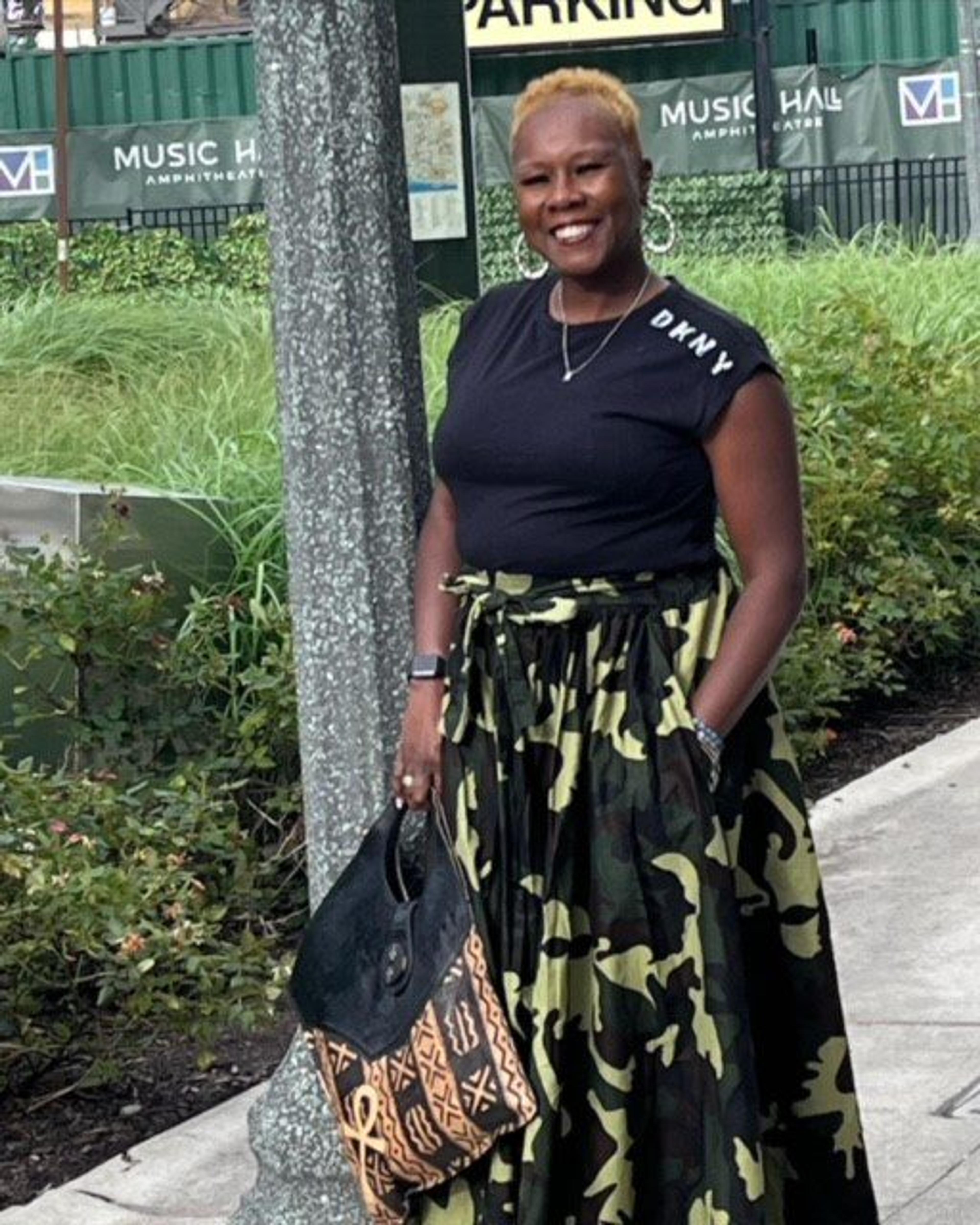
Adams – an African American woman – also said she did some research on Black women being disproportionately affected by breast cancer. The American Cancer Society states that Black women are 41% more likely to die from breast cancer than White women, despite lower incidence of the disease.
“Part of it is how we eat and how our lifestyles are set up. That we tend to take care of everyone else but ourselves, because that’s just kind of been our nature,” Adams said, speaking as a Black woman. “I think that’s kind of the role we’ve played throughout history as the caretakers. And that was definitely me. I would say, one of the staple personality traits is I take care of people first. But we have to take care of ourselves first. There may have been signs, but I don’t think I always paid attention to them, because I was busy doing other things.”
Crediting a stellar support system
Adams was cancer-free by the summer of 2016. Still, she had some adjusting to do.
“I still had some aches, my body was still going through changes. I had to get comfortable with the new me,” she recalled. “Your hair starts to grow back and you still just sometimes feel kind of awkward and out of place.
She’s only human, so Adams experienced her share of low points during her fight against breast cancer, but she said an incredible support system of friends, family and health workers helped lift her spirits.
Adams’ husband and two young daughters were there for her from the day she was diagnosed until the moment she was deemed cancer-free. Her late aunt was an integral part of her support system, too, flanking her at every doctor’s appointment. Adams said her sorority, Delta Sigma Theta Sorority, was extremely supportive and helped keep her upbeat as she navigated the toughest year of her life. The medical staff at the hospital in Livonia, where Adams underwent her treatment, also lifted her up.
Adams – the assistant principal at Detroit’s School of Marygrove – even continued working during her treatment to provide herself with a sense of normalcy. She said engaging in her normal, everyday activities helped speed up the healing process.
A little more than eightyears removed from her breast cancer bout, Adams still wakes up every day with a deep sense of gratitude.
“I say a prayer every day, I wake up optimistic,” she said. “I feel like I draw to challenges because I think, if I can get through this I can get through anything. It’s made me closer to my family and friends, so I’m not taking them for granted. I try to give my flowers to people all the time, you know how they say don’t wait until people have passed to give them their flowers.
“I consider my journey a blessing, because it led me to change some of my lifestyle ways. And I’m healthy. I take my vitamins every day, I never miss a doctor’s appointment. I look at every day as a new day to do something different than the day before – to do it better, do it with a smile, and do it with optimism. So, I’m always very, very grateful.”
Photo credit: Rebecca Adams
Related:

